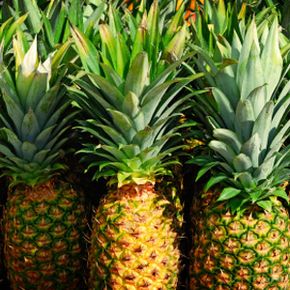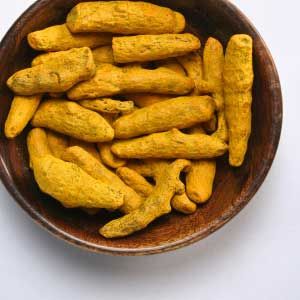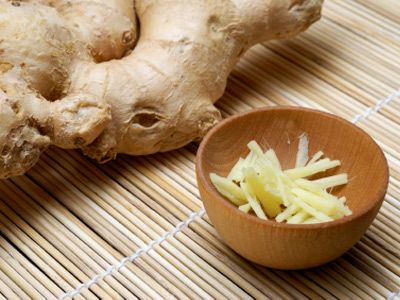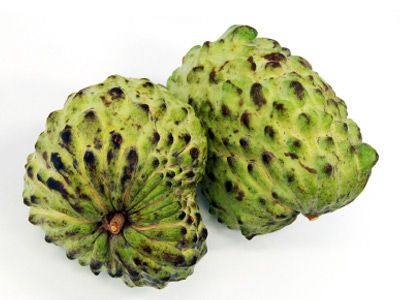Pineapple is one of the world's most popular tropical fruits. It originated in South America and had been domesticated by Native Americans in the West Indies centuries before Columbus introduced it to Europe after encountering its tangy sweetness on a voyage to the island of Guadeloupe. Now enjoyed on almost every continent, the pineapple has been increasingly recognized for its medicinal properties. Specifically, a substance called bromelain -- found in its juice and stem -- has become a popular nutritional supplement.
Bromelain contains enzymes with a range of potent effects. One of the most powerful is its ability to reduce inflammation. In 1993, a German government commission approved the use of bromelain to treat swelling and inflammation following surgery, especially sinus surgery [source: Ehrlich]. Some studies have supported its use as a natural remedy for easing the symptoms of arthritis, including pain and joint stiffness [source: Walker et al]. Bromelain has also been reported to have beneficial effects on the digestive, respiratory and circulatory systems, and possibly on the immune system. One research study even found that bromelain -- when combined with trypsin -- eased the pain associated with breast engorgement as a result of nursing [source: Wellness Trader].
Advertisement
This 21st century research is supported by pineapple's longstanding use by the indigenous people of the Americas, who used the juice as an anti-inflammatory, diuretic and digestive aid [source: Ehrlich]. They also drank it to ease sore throats, reduce seasickness and induce labor. And according to folk medicine, its fruit was even used to terminate pregnancies by women who ate the flesh of young, toxic pineapple [source: Morton].
Let's explore how bromelain works, and how it's used today.
Advertisement



